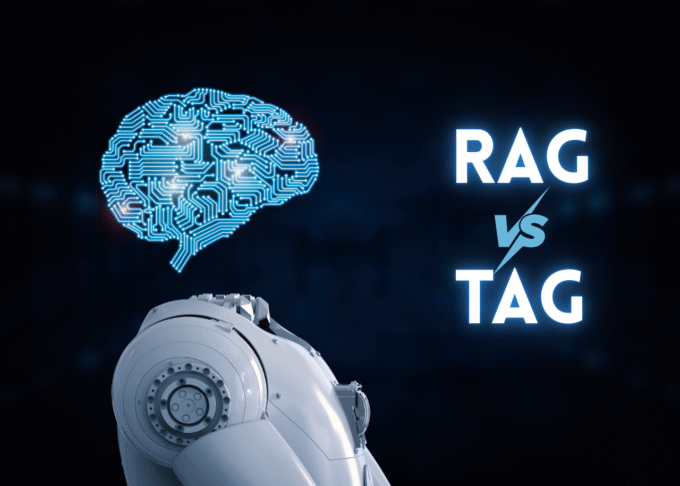Introduction:
Highlighting the transformative impact of AI in streamlining supply chain operations. “AI, is not just about automating tasks; it’s about optimizing the entire supply chain ecosystem for greater efficiency and resilience.”
The Challenge of Supply Chain Inefficiency:
Traditional supply chain management often faces challenges related to forecasting, inventory management, and logistics. AI addresses these challenges by providing real-time insights and automating key processes.
Key AI Applications in Supply Chain Optimization:
- Demand Forecasting: Utilizing machine learning to predict future demand and optimize inventory levels.
- Logistics Optimization: Employing AI to optimize transportation routes and delivery schedules.
- Inventory Management: Automating inventory replenishment and reducing stockouts.
- Quality Control: Utilizing computer vision to automate quality inspection.
- Risk Management: Employing AI to identify and mitigate supply chain risks.
Case Studies and Insights:
“LogiStream,” a logistics company, implemented an AI-powered logistics optimization platform that reduced delivery times by 20% and lowered transportation costs by 15%. Their AI-driven approach enabled them to optimize routes and delivery schedules in real-time.
Building a Robust AI Supply Chain Optimization System:
To maximize the impact of AI in supply chain optimization, businesses must:
- Integrate Data from Diverse Sources: Connecting data from suppliers, manufacturers, and logistics providers.
- Utilize Real-Time Analytics: Monitoring supply chain performance in real-time.
- Focus on Collaboration: Fostering collaboration between different stakeholders.
The Future of AI in Supply Chain:
The future will be driven by the development of more sophisticated AI-powered supply chain platforms and the integration of AI with IoT devices. Businesses that embrace AI-driven supply chain optimization will gain a significant competitive advantage.















